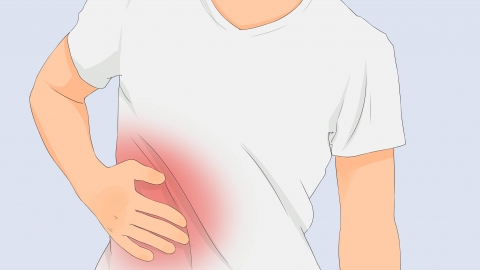How serious is an ALT level of 700 U/L?
Generally, transaminases are key indicators of liver function, primarily including alanine aminotransferase (ALT) and aspartate aminotransferase (AST). The normal range is typically 0–40 U/L. A transaminase level exceeding 700 U/L indicates a significant elevation. Whether this is serious depends on the specific circumstances. If related symptoms are present, immediate medical attention is recommended. Detailed analysis is as follows:

If a transaminase level above 700 U/L is caused by acute liver injury—such as acute viral hepatitis, drug-induced liver injury, or an acute episode of alcoholic hepatitis—this indicates substantial but short-term damage to liver cells. However, if the underlying cause can be promptly identified and targeted treatment initiated (e.g., discontinuing hepatotoxic drugs, antiviral therapy, or abstaining from alcohol), most patients can gradually recover liver function. In such cases, the condition is generally manageable and not considered extremely severe.
If a transaminase level above 700 U/L results from an acute exacerbation of chronic liver disease, such as decompensated cirrhosis or chronic severe hepatitis, it suggests that the liver has sustained long-term damage with significantly impaired function. This may be accompanied by complications such as jaundice, ascites, and coagulation disorders. Treatment is more challenging, recovery takes longer, and the impact on health is greater, making this situation relatively serious.
In daily life, individuals should seek immediate medical care upon detecting such abnormal results and avoid self-medicating. Strict abstinence from alcohol is essential to reduce the burden on the liver. A light diet avoiding spicy and greasy foods is recommended. Adequate rest should be ensured, with avoidance of late nights and excessive fatigue. Additionally, full cooperation with doctors in completing all necessary examinations and receiving standardized treatment based on the confirmed cause is crucial.







